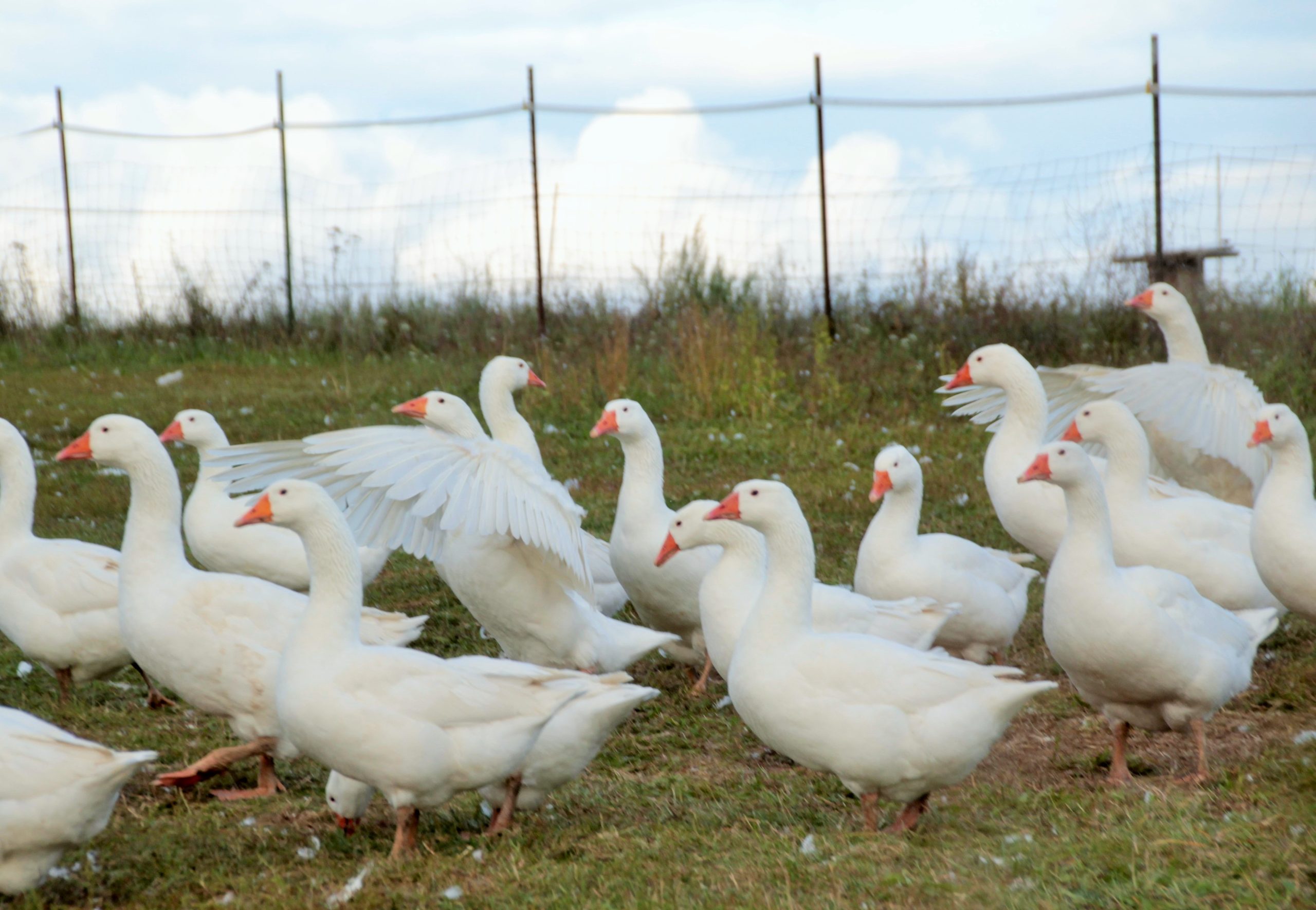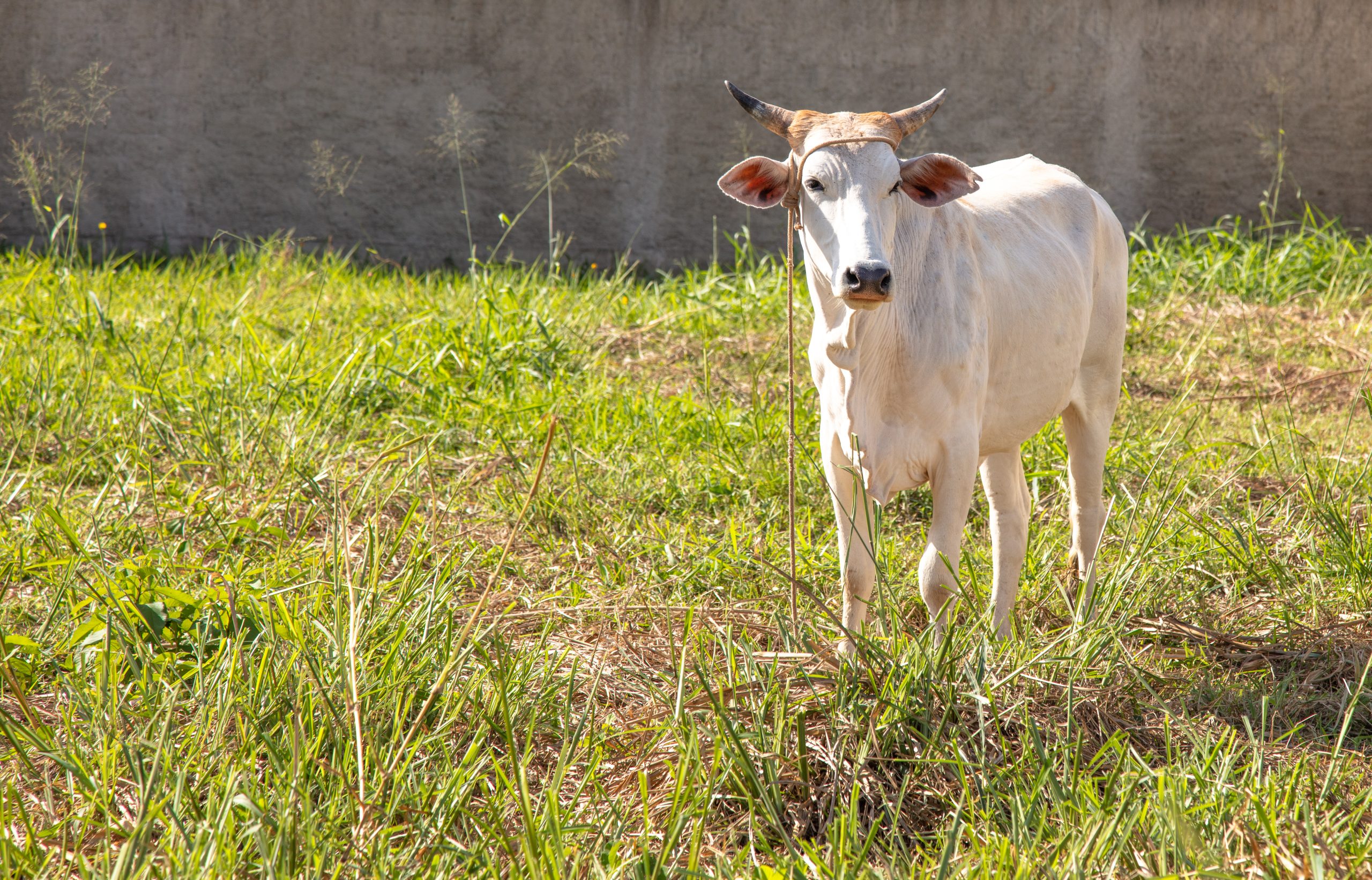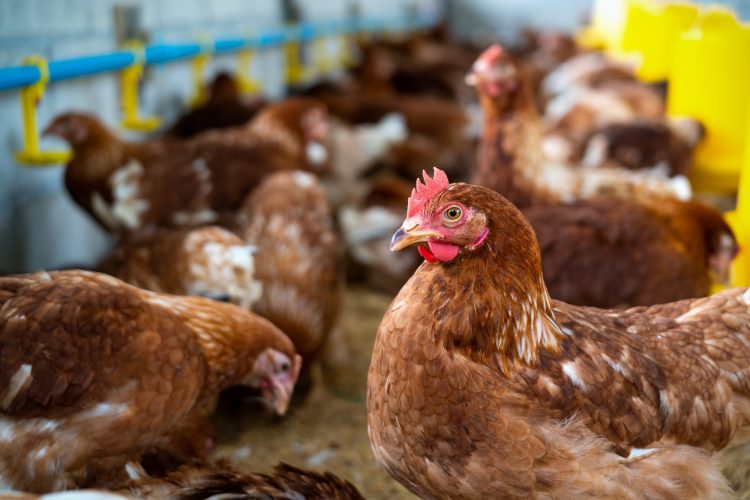Deciphering the Organic Egg Label: A Comprehensive Guide for Consumers
Deciphering the Organic Egg Label: A Comprehensive Guide for Consumers
In today’s health-conscious society, consumers are increasingly seeking out organic products, including eggs, as part of their commitment to healthier and more sustainable living. However, navigating the labels and certifications on egg cartons can be confusing, leaving consumers unsure of what exactly they’re getting when they choose organic. In this comprehensive guide, we’ll delve into the intricacies of the organic egg label, unraveling the terminology and certifications to help consumers make informed choices about their egg purchases.
What Does “Organic” Mean?
At its core, “organic” refers to a method of farming that emphasizes natural and sustainable practices while minimizing the use of synthetic inputs such as pesticides, fertilizers, and antibiotics. Organic farming promotes soil health, biodiversity, and animal welfare, resulting in products that are considered to be healthier for both consumers and the environment. When applied to eggs, the organic label signifies that the hens responsible for producing those eggs have been raised in accordance with organic standards and regulations.
Understanding the USDA Organic Label
In the United States, the primary authority responsible for regulating organic farming practices is the United States Department of Agriculture (USDA). Eggs that bear the USDA Organic label have been produced on farms that have undergone rigorous certification processes and adhere to strict organic standards. These standards include:
- Organic Feed: Chickens must be fed a diet consisting of organic feed, which is free from synthetic pesticides, herbicides, genetically modified organisms (GMOs), and animal by-products. The feed must be certified organic by a recognized certifying agency.
- Access to Outdoors: Organic hens must have access to outdoor areas where they can engage in natural behaviors such as foraging, dust-bathing, and socializing. The outdoor areas must be managed in accordance with organic standards and provide adequate space and environmental enrichment for the hens.
- Animal Welfare: Organic farming practices prioritize animal welfare, ensuring that hens are raised in environments that promote their physical and psychological well-being. This includes providing access to outdoor areas, comfortable housing, and natural health care practices.
- No Antibiotics or Growth Hormones: Organic farming prohibits the use of antibiotics and growth hormones in poultry production. Organic hens are not treated with antibiotics unless necessary for the treatment of illness, and they are never administered hormones to promote growth or egg production.
Additional Certifications and Labels to Look For
In addition to the USDA Organic label, consumers may encounter other certifications and labels on egg cartons that indicate specific attributes or production methods. Some of the most common certifications and labels include:
- Non-GMO Project Verified: This label indicates that the eggs come from hens fed a diet free from genetically modified organisms (GMOs). While all organic eggs are inherently non-GMO, some consumers may prefer to look for this additional verification.
- Animal Welfare Approved: This label certifies that the eggs come from hens raised in accordance with rigorous animal welfare standards, including access to outdoor areas, comfortable housing, and natural behaviors.
- Certified Humane: This label indicates that the eggs come from hens raised in facilities that meet the standards set forth by the Certified Humane program, which emphasizes humane treatment and care of animals.
- Pasture-Raised: This label indicates that the hens have access to pasture areas where they can graze and forage freely. While not regulated by the USDA, pasture-raised eggs are often associated with higher welfare and nutritional benefits.
Tips for Making Informed Choices
When shopping for organic eggs, here are some tips to help consumers make informed choices:
- Read the Label: Look for the USDA Organic label and any additional certifications or labels that indicate specific attributes or production methods.
- Know Your Farmer: If possible, purchase eggs directly from local farmers or producers who are transparent about their farming practices and are willing to answer questions about how their eggs are produced.
- Look Beyond the Label: While labels and certifications can provide valuable information, they are not the only indicator of quality. Consider factors such as freshness, shell quality, and yolk color when selecting eggs.
- Support Sustainable Practices: By choosing organic eggs, consumers are supporting sustainable farming practices that prioritize environmental stewardship, animal welfare, and consumer health.
Conclusion: Making Informed Choices for Health and Sustainability
In conclusion, understanding the organic egg label is essential for consumers who wish to make informed choices about the food they eat. By familiarizing themselves with the USDA Organic label and other certifications and labels, consumers can confidently select eggs that align with their values and priorities, whether it be organic farming, animal welfare, or environmental sustainability. By choosing organic eggs, consumers are not only investing in their own health and well-being but also supporting a more sustainable and ethical food system for future generations.
Chicken Farming
December 10, 2024


























































